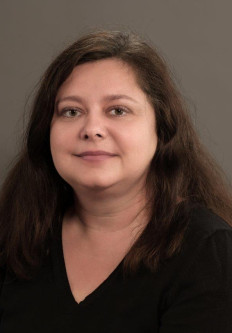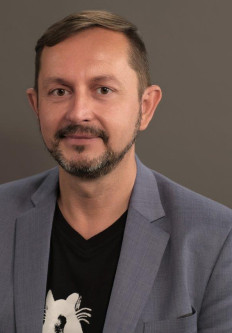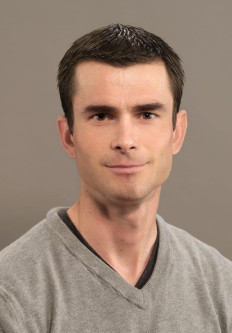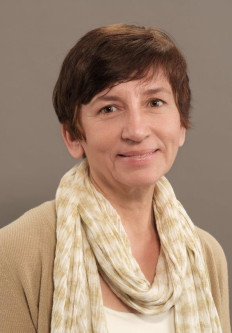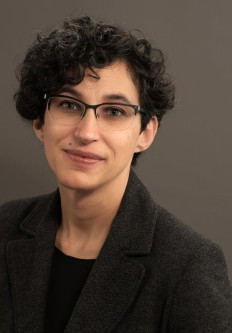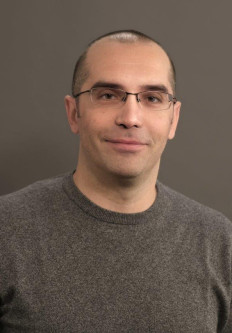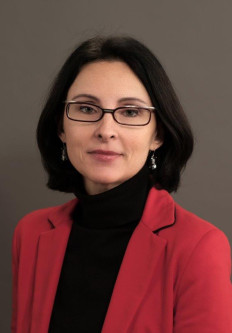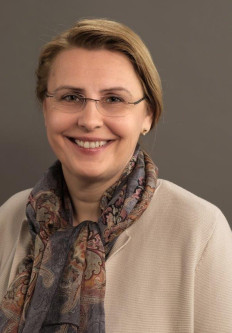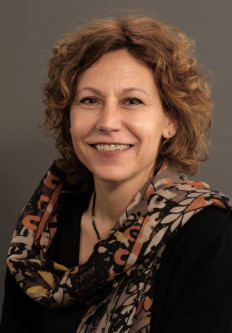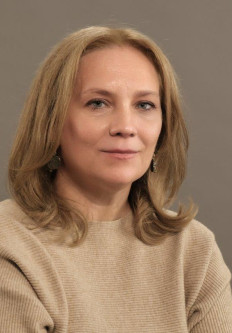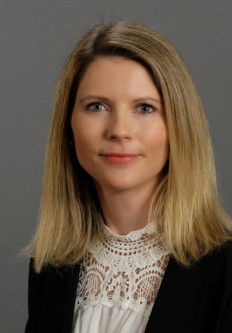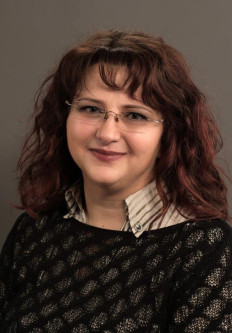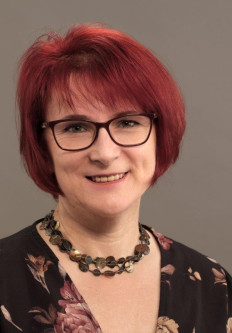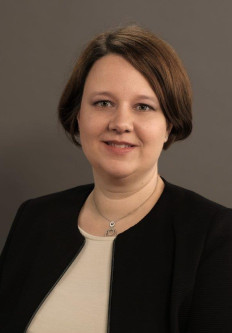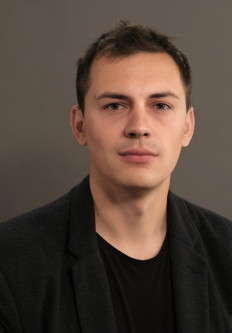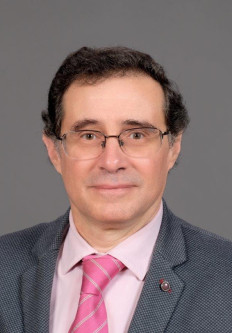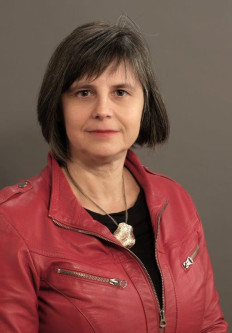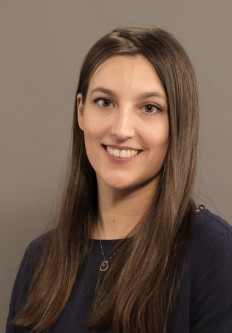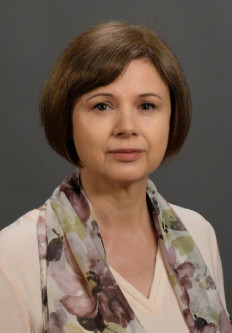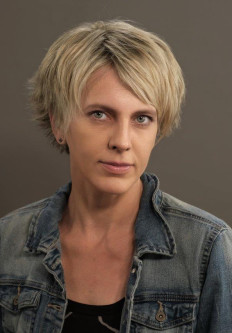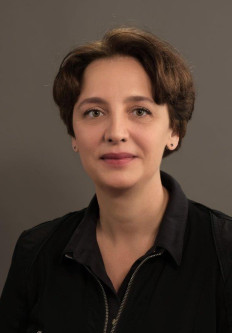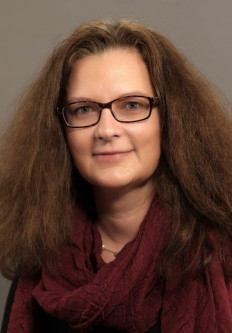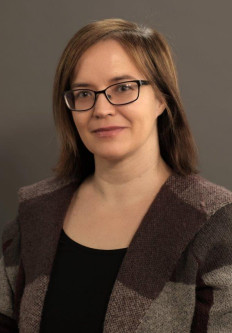

PhD Summer School Dottss Stridon
Doctoral and Teacher-Training Translation Studies Summer School (DOTTSS) is a joint initiative of 5 different universities: University of Ljubljana (Slovenia), University of Turku (Finland), University of Tampere (Finland), University of Granada (Spain) and Boğaziçi University (Turkey). Since 2012 the summer school has hosted doctoral students of TS and teachers of translators and interpreters from all around the world. The first two schools were held in Piran, Slovenia (Emuni 2012, Stridon 2013), the third was in Granada, Spain (Ibn Tibbon 2014), the fourth in Turku, Finland (Agricola 2015), the fifth in Piran, Slovenia (Stridon 2016), the sixth in Granada, Spain (Ibn Tibbon 2017), the seventh in Tampere, Finland (DOTTSS 2018) and the eighth in Ljubljana (Stridon 2019). The local organizers add to DOTTSS a name that connects the summer school to a particular translational tradition in the region: the name of the schools in Slovenia pays homage to one of the greatest translators of the Western world, St. Jerome, who was born in Stridon, a lost town on the confines of Dalmatia and Pannonia, which lay most probably in today’s southern Slovenia.
Emuni 2012
New Horizons in Translation Research and Education 1
Stridon 2013
New Horizons in Translation Research and Education 2
Ibn Tibbon 2014
New Horizons in Translation Research and Education 3
Stridon 2016
New Horizons in Translation Research and Education 4
The main focus and the aim of the proposed doctoral and teacher training school in Translation Studies shall:
a) address the need to promote high-level research in translation and interpreting and offer intensive research training in translation and interpreting studies for current and prospective Translation Studies researchers. By joining forces of various Translation Studies research institutions from 4 different cultures with a tradition of training doctoral students in Translation and Interpreting Studies, the Summer School shall provide stimuli and help for the prospective researchers in their independent research projects.
b) address the need to provide continuous teacher training for the teachers of translation at different Higher Education institutions offering MA courses in translation
The language of instruction is English.
The Syllabus of the Translation Studies Doctoral and Teacher Training Summer School consists of six basic modules:
a) Re-thinking Translation Theory
Through presentations by the different members of the teaching staff, the most current approaches to translation theory will be re-read, and critically discussed, paying particular attention to the contemporary research of literary and non-literary works in a historical perspective. Issues such as ideology and censorship shall be focused on, and special attention shall be paid to the ethical motivation in TS research and active translatological engagement in society.
b) Methodological Approaches in Translation Studies
A plethora of different methodological approaches in TS will be presented, focusing in particular on researching translation of literary and non-literary texts from the perspective of historical and sociological studies or through the use of ethnographical and corpus studies approaches. Social research methods and the research of spoken discourse shall also be discussed.
c) Thematic Sessions by the Guest Professor
d) Teacher-Training Seminars
A selection of topics, relevant for teachers of translation, shall be discussed, for example:
- Curriculum and syllabus design: the process and factors involved
- The definition of objectives and learning outcomes; translator competence
- Participants: trainee and trainer profiles (prior knowledge, personal characteristics, learning and teaching styles, expectations and motivations...)
- Resources such as ICT, classroom layout and organization, bringing professionals into the classroom, taking students out of the classroom: work experience, professional simulation, mobility programmes...
- Classroom dynamics: large and small group activities
- Assessment: design and implementation
e) Individualized Tutorials
In tutorials the doctoral students have the opportunity to discuss their own individual projects with all the teachers of the school, including with the guest professor.
f) Graduate Conference
Each student is expected to present her/his research project, and will have the opportunity to debate issues, particularly relating to methodology, with their peers and the teaching staff of the summer school.
- to participate in discussion and debate
- to prepare a presentation
- to submit an article based on their presentation within two months after the end of the Summer School. The article will be refereed and published in print and on the website.
Assessment
Assessment is based on an oral presentation in the second week of the course and the submission of a paper of some 5000 words within two months after the end of the Summer School.
Certificates
Certificates of attendance are issued at the end of the course.
Formal "Pass" certificates with the indication of ECTS points confirming successful completion are issued when all assessed work has been delivered and approved.
The reading list and course material will be available to accepted students on the learning platform before the Summer School starts.


